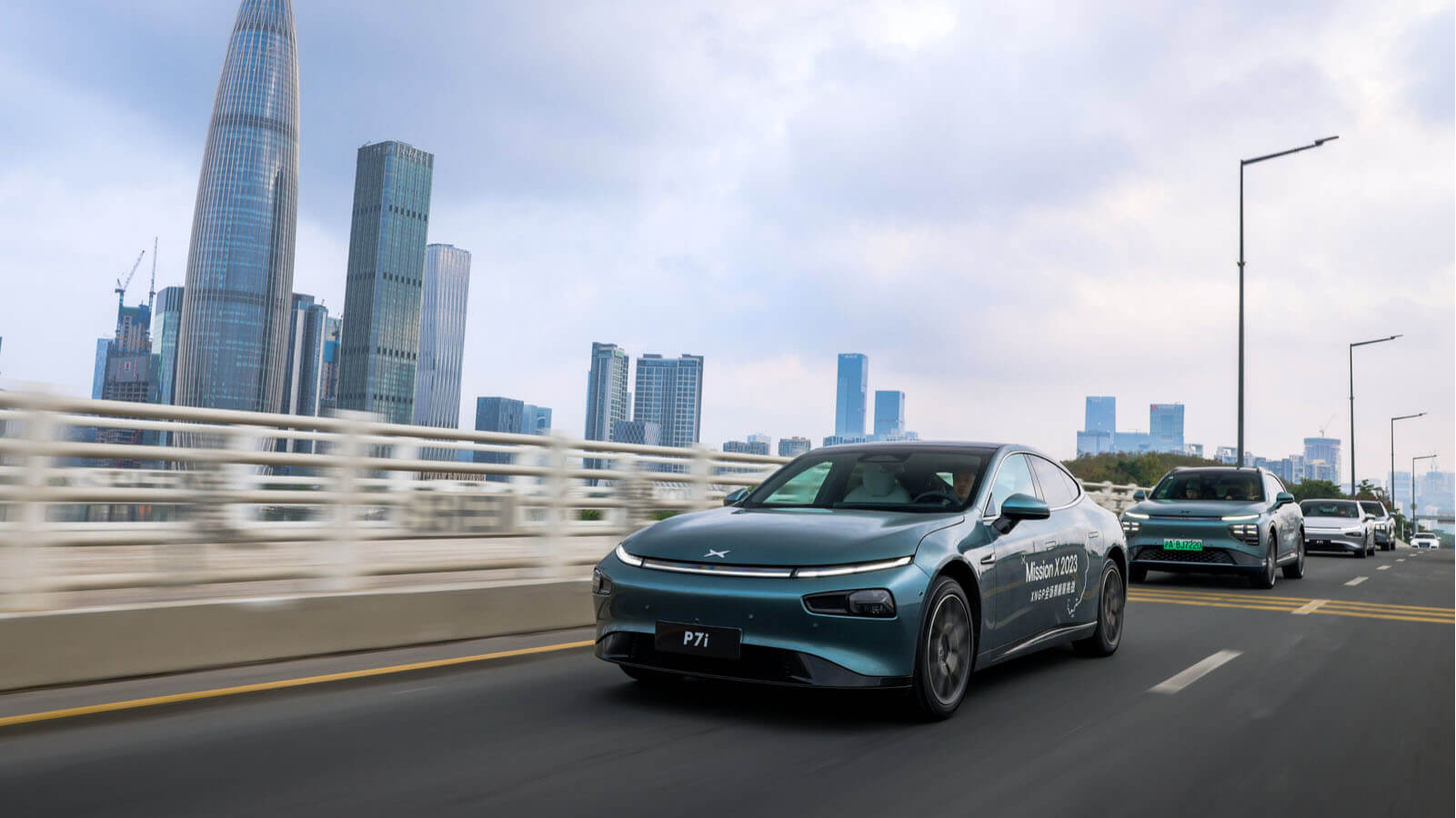It’s another sign that China’s auto industry is changing rapidly and becoming hyper competitive, forcing major changes at traditional OEMs, Edison Yu’s team said.
Volkswagen’s stake in Xpeng (NYSE: XPEV) and its plans to co-develop electric vehicles (EVs) with the Chinese EV maker have become one of the biggest landmarks in China’s auto industry so far this year. As usual, Deutsche Bank provided its take.
“High level, this is yet another sign that the China auto industry is rapidly changing and hyper competitive, forcing legacy OEMs to make big changes,” Deutsche Bank analyst Edison Yu’s team said in a research note sent to investors on Wednesday.
Volkswagen will invest about $700 million in Xpeng for about 4.99 percent equity. In the initial phase of the partnership, the two companies plan to co-develop two Volkswagen-branded EV models, according to yesterday’s statement.
Yu’s team believes the Volkswagen agreement offers 3 important elements: stable long-term shareholder, greater scale/utilization, and technology validation through recurring revenue streams from its software and platform.
While exact economics have not been disclosed, Xpeng will begin to recognize ” Technology Service Revenue” next year, with contributions likely to increase as milestones are achieved and volumes increase, the note said.
Xpeng management described this new stream as recurring and highly profitable, rather than a one-time royalty or technology transfer, the team noted.
This will be a highly collaborative effort on the R&D side, Yu’s team said, adding that by choosing Xpeng, Volkswagen provides important validation of the technology, especially in ADAS, which could open the door for other OEMs using the hardware and software suite.
Xpeng’s relationship with Volkswagen appears to be deeper than other foreign carmakers’ partnerships with local carmakers.
Toyota and BYD are working together in China, but BYD mainly contributes batteries and electric motors, while Xpeng adds more value through its software and connectivity capabilities, Yu’s team said.
In addition, the XNGP (Navigation Guided Pilot) in Volkswagen models will be updated via OTA to the same extent as Xpeng’s own vehicles, allowing Xpeng to have a larger fleet and more data to train its algorithms, the team noted.
Yu’s team believes that Nio or Li Auto aren’t as well suited for pairing up as Xpeng.
Nio’s platform requires battery swap, which many traditional car companies aren’t interested in, and Nio has two other sub-brands currently in development, the team said.
Li Auto relies heavily on extended-range electric vehicle (EV) powertrains, and there are very few supporters of such vehicles, and the company already enjoys very high sales and profits at the moment, with little incentive to partner up, according to the team.
For Xpeng, 2023 is full of surprises.
The company started the year as the worst-performing Chinese EV stock, but has risen 147 percent since the end of May and is now the leader, up 96 percent year-to-date, Yu’s team noted.
Even before Volkswagen’s announcement, Xpeng rose on enthusiasm for the G6 product cycle, the team said, adding, “We now believe the management team can finally claim credit for its technology development efforts.”
After digesting the news, the near-term focus will likely shift back to G6’s sales performance, as weekly data for July showed volume lagging somewhat and there’s still a lot of work to be done, Yu’s team said.
Xpeng officially launched the G6 in China on June 29 and began deliveries on July 10. The company’s management previously said they were targeting sales of at least 10,000 units per month for the model, which is a rival to Tesla‘s (NASDAQ: TSLA) Model Y.
Xpeng is struggling to ramp up production capacity for the model this month, as insurance registrations for Xpeng vehicles have remained low at 1,200, 2,100, and 2,600 in the last three weeks.
This article was first published by Phate Zhang on CnEVPost, a website focusing on new energy vehicle news from China.

